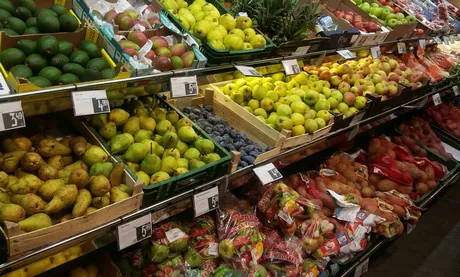On February 21st, State Secretary Brune Poirson signed, along with key actors from the retail sector, the industry and NGOs “National Pact on plastic packaging.” By this act, the signatories have subscribed to a common vision of the circular economy in which plastic, identified as a major source of pollution, never becomes a waste product.

Système U has signed the Pact
In an interview with Dominique Schelcher on the radio station France Inter, the CEO of Système U declared that “the consumer will see some concrete changes on the shelves.” According to him, the consumer’s reaction to the problem of plastic waste is “absolutely not a passing trend.”
“I believe that, for many years, the focus was on ‘eating healthier’, which is still relevant. But what stands out more now is ‘eating healthier and more responsibly’. People think about their health when buying a product, but they also wonder about the impact this product will have on the environment and on society,” explains Dominique Schelcher. “It is therefore not at all a passing trend, but a very strong movement, especially among young people.”
A difficult pact to implement?
David Triffault, commercial director at Jardin de Limagne, feels “very divided” about the consumer’s reaction to the lack of packaging for some fruits and vegetables. “Of course, I think that the initiative goes in the right direction. Ecology must be taken into account. But in the fruit and vegetable sector, for the more fragile products that are highly sensitive to manipulation, selling in bulk seems extremely complicated. Take the strawberry or the fig, for instance, which get damaged so easily in stores. We could include this damage in the public cost, which would lead to an artificial inflation.”
As for the so-called “ecological” or “biodegradable” packaging, David also has some doubts. “Given the cost they generate and the microparticles they leave behind when decomposing, I do not believe that we have found the right solution yet.”
But David also raises another issue. “Considering my particular case as a regional company, if I did not communicate about my region or the origin of my products, I would be completely irrelevant. Today, it is essential to inform the consumers about the method of production, because they want to know. And I believe that the packaging is unfortunately the only way, at the moment, to communicate about the product.”
